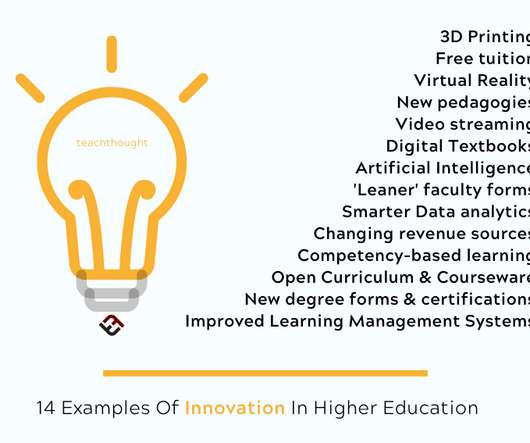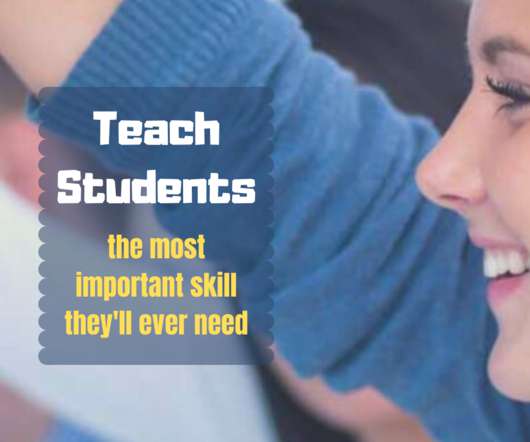The Future of MOOCs Must Be Decolonized
Edsurge
JANUARY 3, 2019
So much so, the New York Times even dubbed 2012 the “ Year of the MOOC.” Advocates for the courses would point a finger at the unaffordability of traditional education, promising that MOOCs could offer cheaper, more innovative alternatives. And why would MOOCs need to decolonize? But in many ways, the times have changed.












































Let's personalize your content